Thousands of court-appointed lawyers and staffers, including paralegals, investigators, expert witnesses, and interpreters, have not received payment since June due to a shortage in federal funding for the Defender Services program. The program, which provides funding for the Criminal Justice Act panel attorneys, fell 130 million short of the judiciary's requested amount and ran out on July 3. As a result, many of these individuals have been unable to move forward with trials or take on new clients, leaving defendants' lives on hold.
According to the judiciary, nationally, CJA lawyers handle about 40% of cases where the defendant cannot afford an attorney. The lack of payment has caused significant disruptions in the court system, with many cases grinding to a halt. "The system's about to break," said a court-appointed lawyer, who wished to remain anonymous. "We're not just talking about the lawyers and staff who haven't been paid, we're talking about the defendants who are being denied their right to a fair trial."
The federal government shutdown, which lasted for an extended period, has left many court-appointed lawyers and their staff struggling to make ends meet. Despite being told they would receive deferred payment once Congress passed a new budget, the delay has caused significant financial hardship for many. "We're not just talking about the lawyers and staff who haven't been paid, we're talking about the defendants who are being denied their right to a fair trial," said the court-appointed lawyer.
The Defender Services program provides critical funding for the Criminal Justice Act panel attorneys, who are responsible for representing defendants who cannot afford an attorney. The program has been in place since the 1960s and has been instrumental in ensuring that all defendants have access to a fair trial. However, the shortage in funding has highlighted the need for a more sustainable and reliable funding model.
The implications of this shortage in funding are far-reaching and have significant consequences for the justice system. "The lack of payment is not just a financial issue, it's a human rights issue," said a spokesperson for the National Association of Federal Defenders. "Defendants have a right to a fair trial, and the lack of payment is denying them that right."
The current status of the situation is that Congress has passed a new budget, which includes funding for the Defender Services program. However, it is unclear when the payment will be made to the court-appointed lawyers and their staff. The National Association of Federal Defenders has called for immediate action to address the shortage in funding and ensure that defendants' rights are protected.
In the meantime, the court-appointed lawyers and their staff continue to struggle to make ends meet. Many have been forced to take on debt or seek alternative sources of funding to continue their work. The situation highlights the need for a more sustainable and reliable funding model for the Defender Services program.
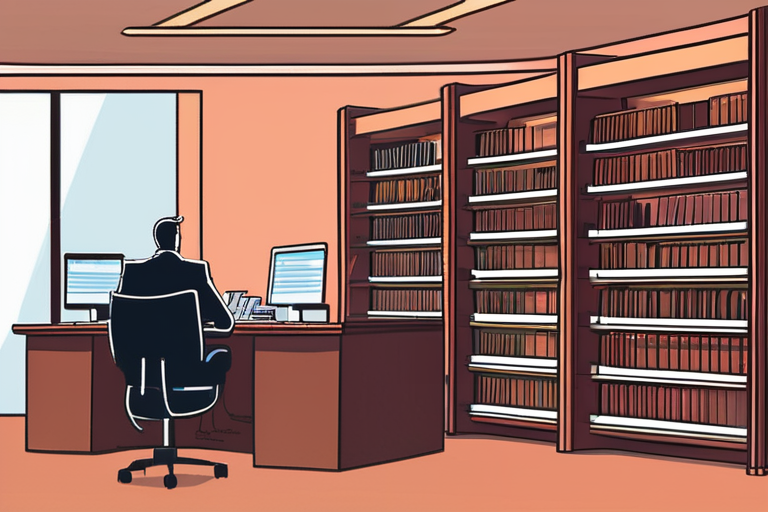


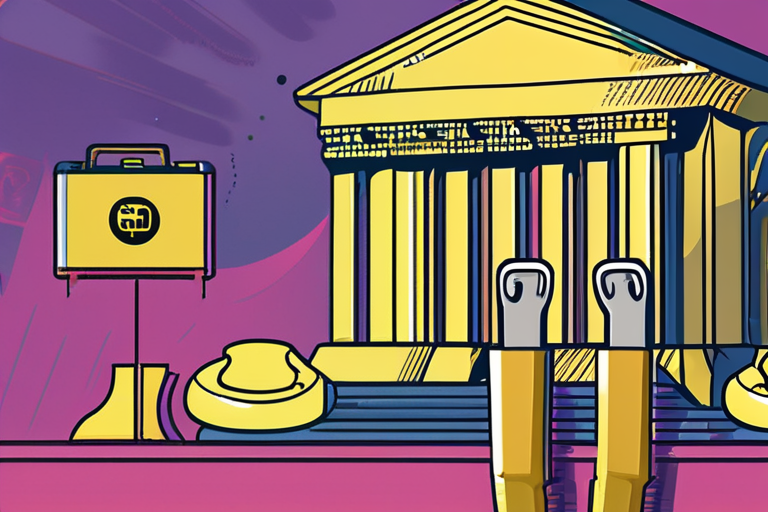

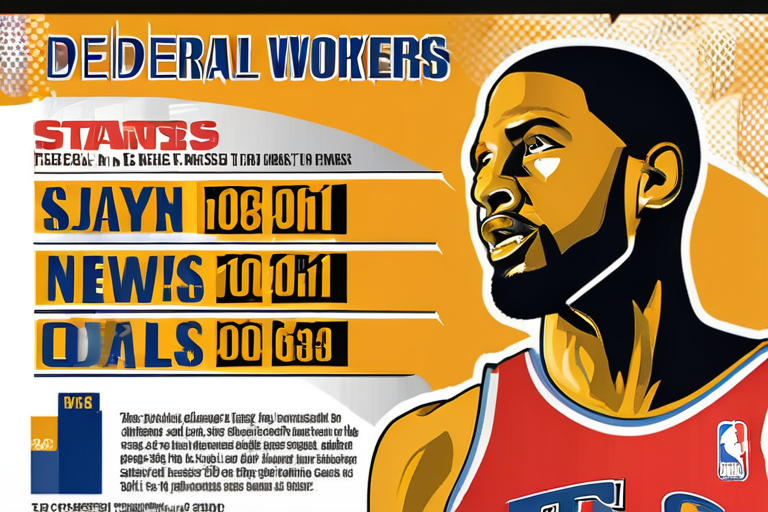
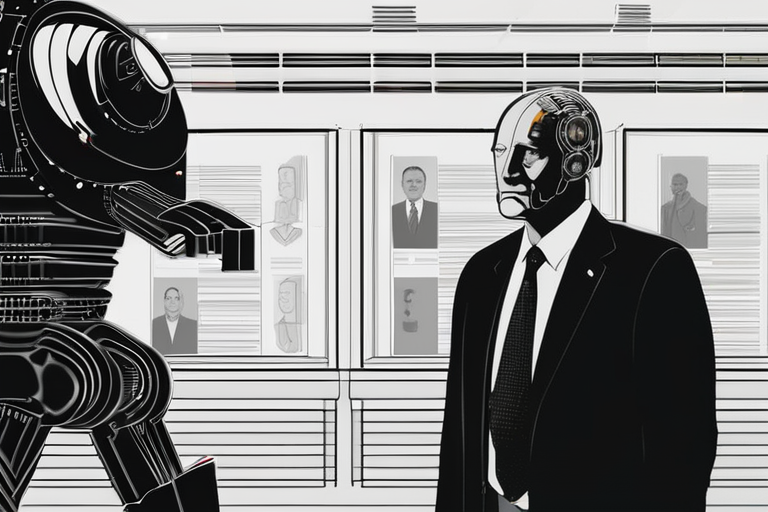


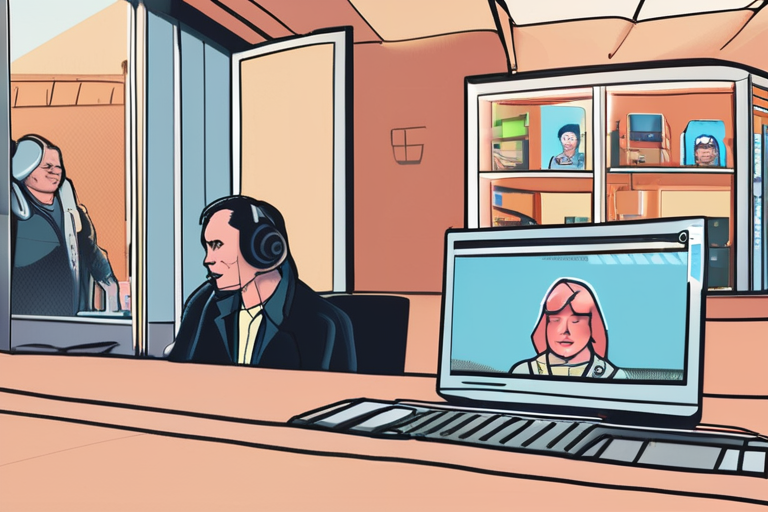
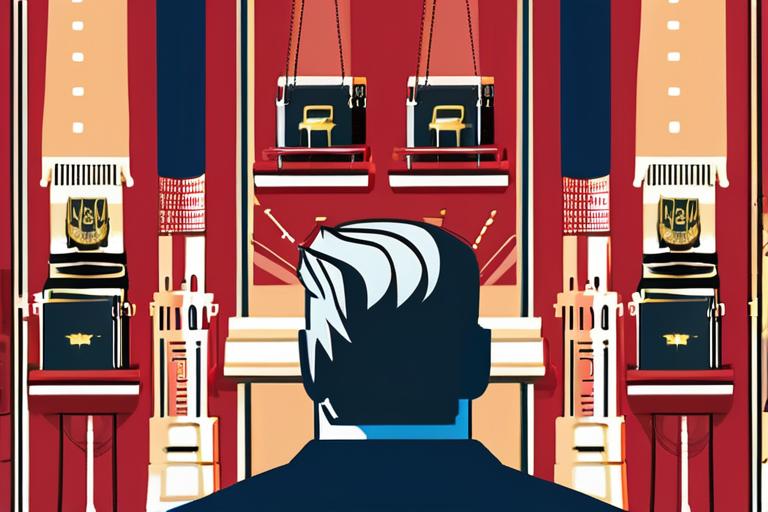
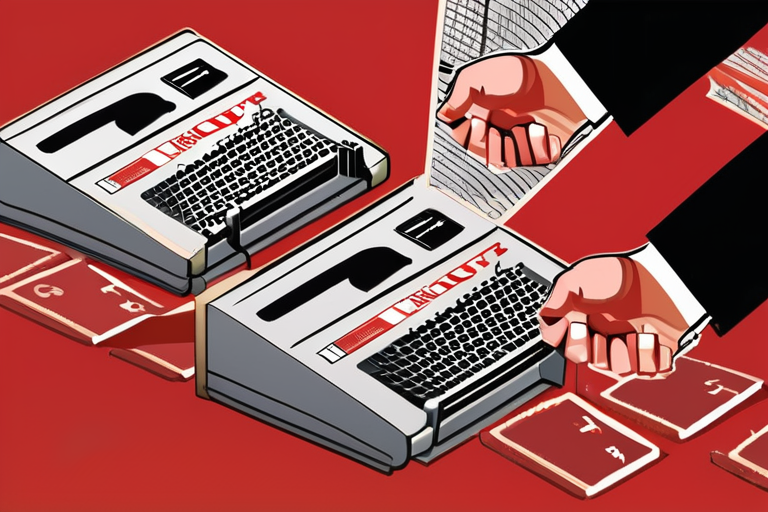

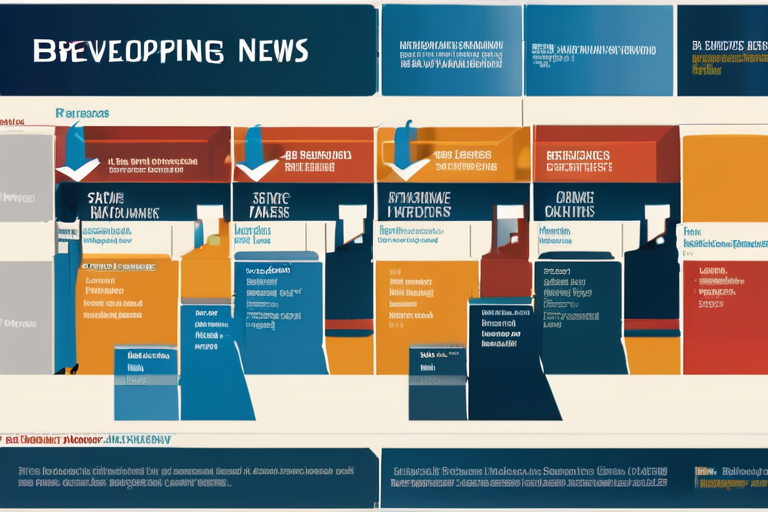
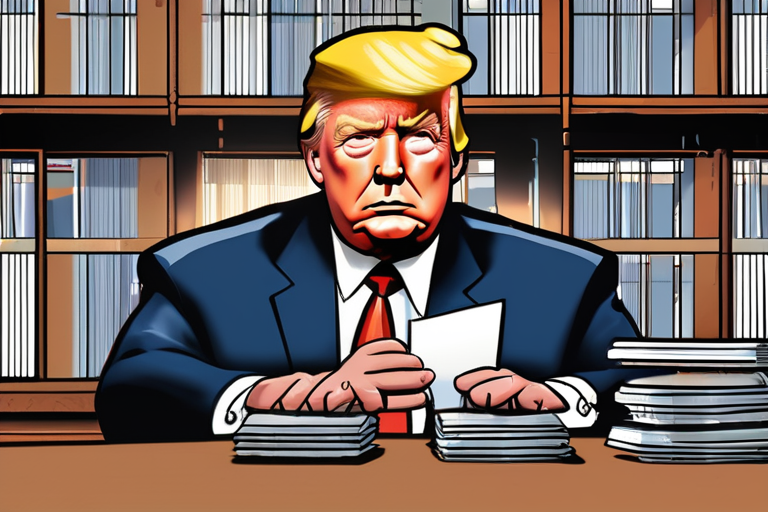
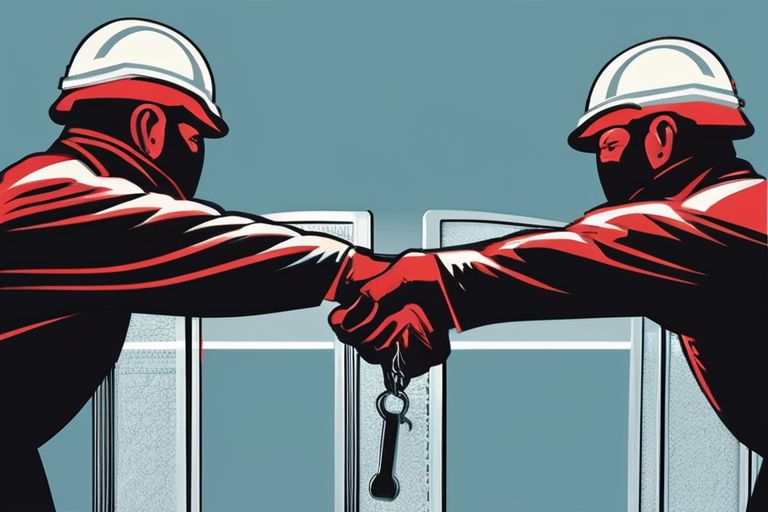

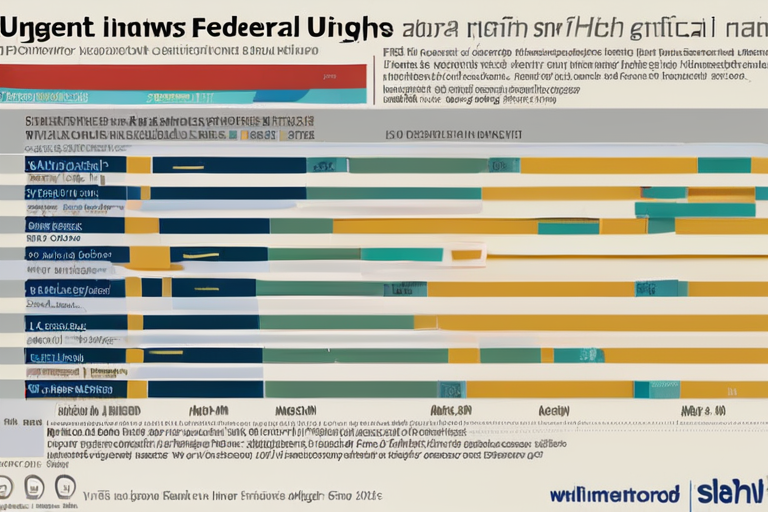
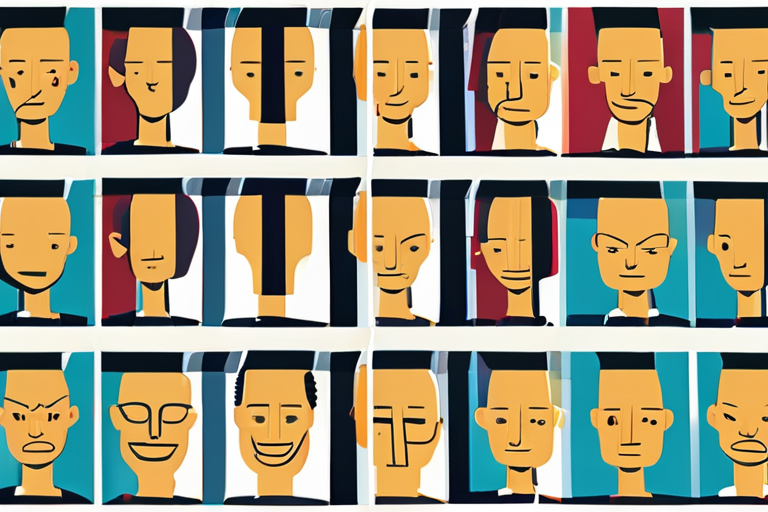

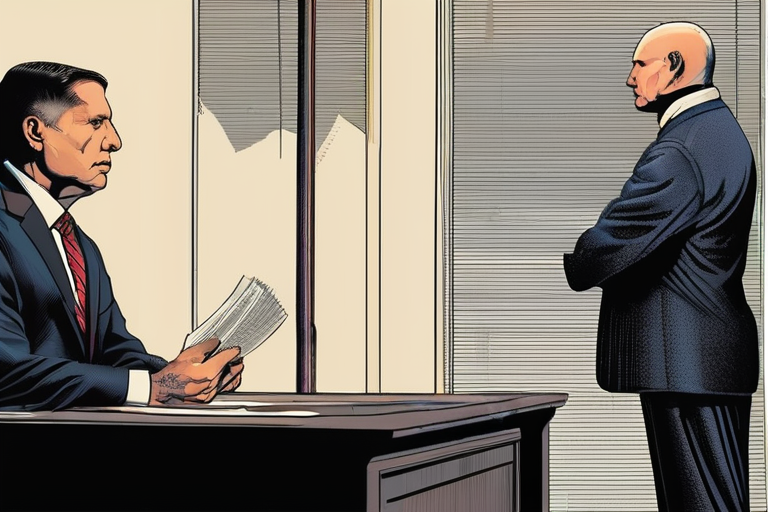
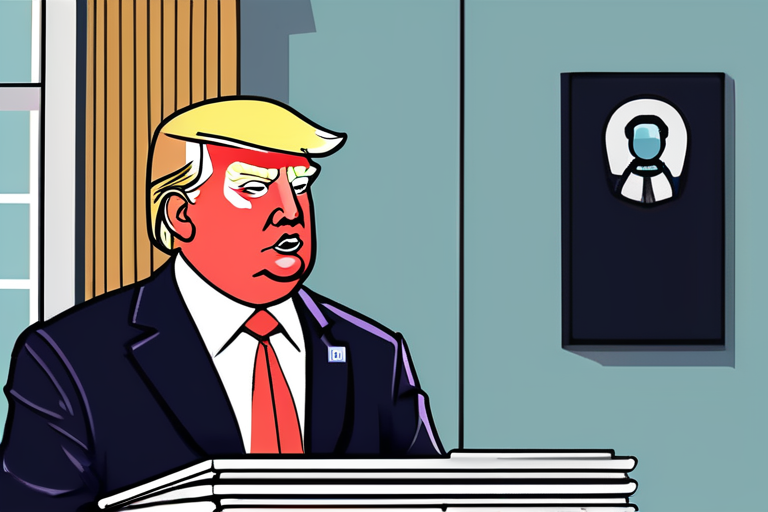
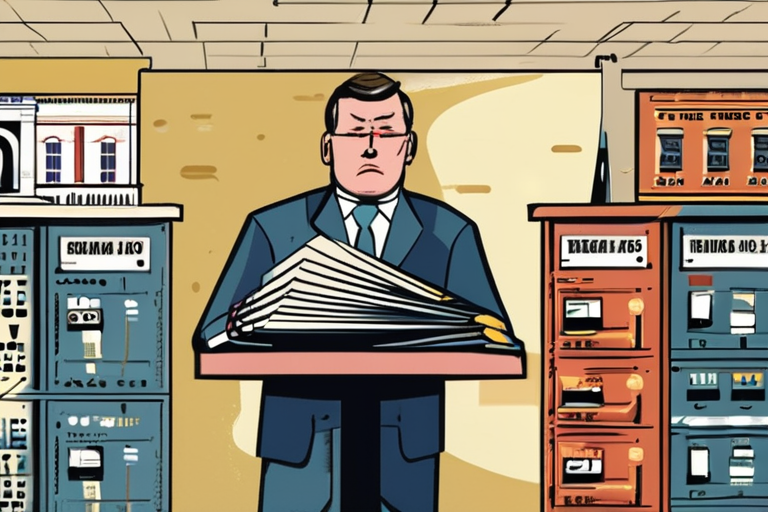


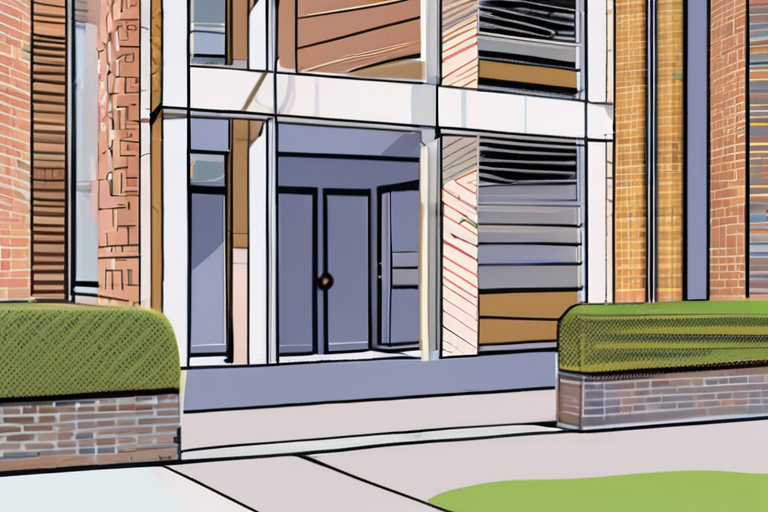
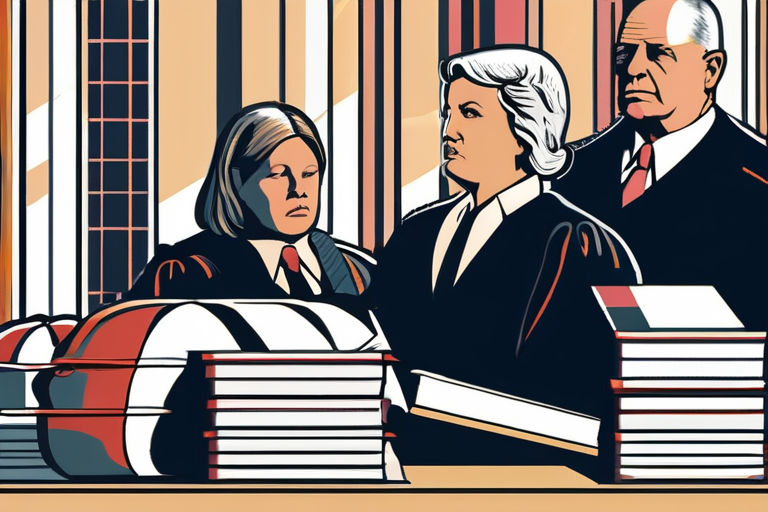
Share & Engage Share
Share this article